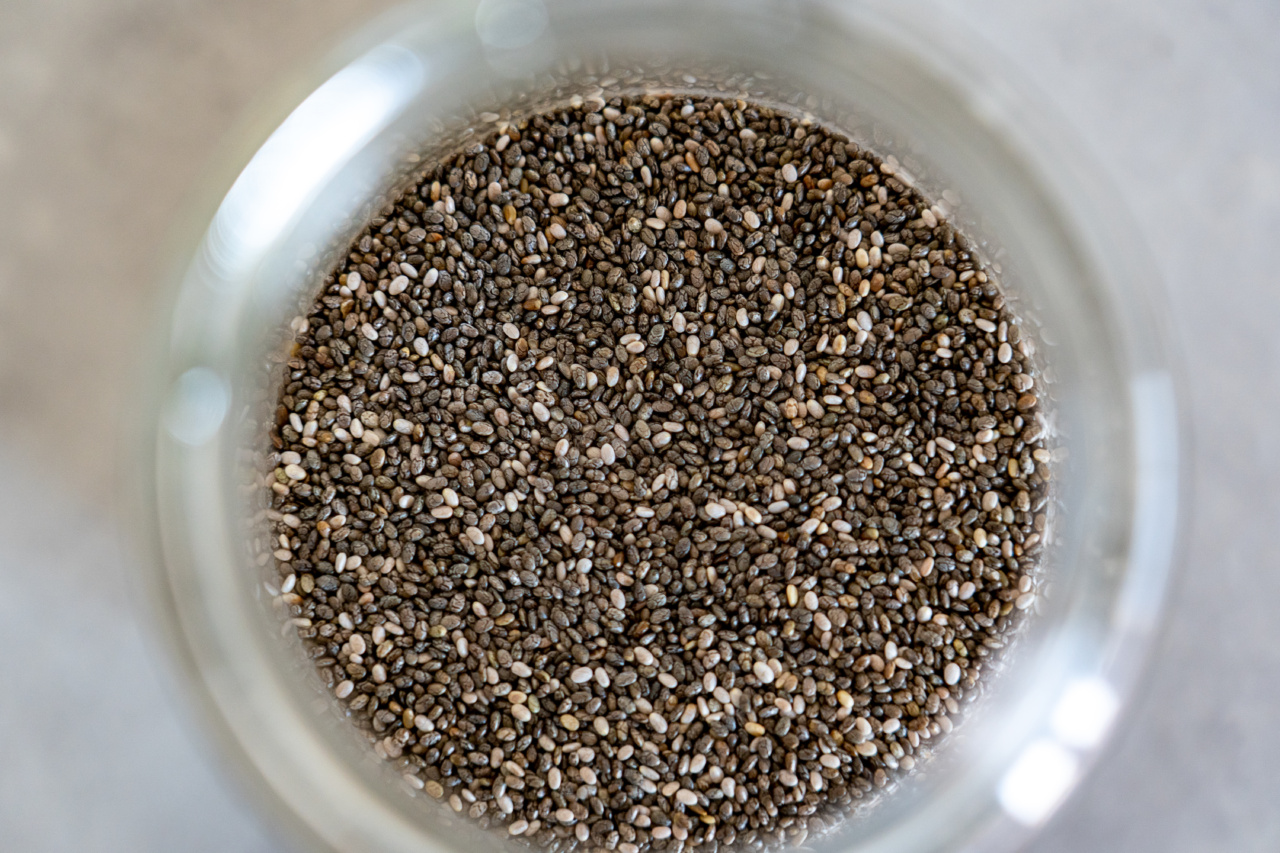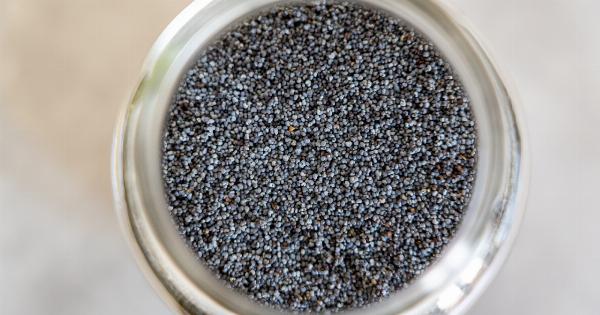Chia seeds are small but mighty! Packed with essential nutrients and health benefits, these tiny seeds have gained popularity as a superfood in recent years. From aiding digestion to boosting energy levels, chia seeds have a lot to offer.
Read on to discover why chia seeds are considered the powerhouses of nutrition.
What Are Chia Seeds?
Chia seeds are small, oval-shaped seeds that come from the Salvia hispanica plant, which is native to Mexico and Guatemala.
They have been a staple food in these regions for centuries and were highly valued by ancient civilizations such as the Aztecs and Mayans.
Chia seeds are renowned for their impressive nutritional profile. They are rich in fiber, protein, omega-3 fatty acids, and various vitamins and minerals.
Additionally, they are low in calories, making them an excellent choice for those looking to maintain a healthy weight.
The Nutritional Benefits of Chia Seeds
Chia seeds are packed with nutrients that provide numerous health benefits. Here are some of the key nutritional benefits of chia seeds:.
1. Omega-3 Fatty Acids
Chia seeds are one of the best plant-based sources of omega-3 fatty acids. These essential fats play a crucial role in brain health, heart health, and reducing inflammation in the body.
Incorporating chia seeds into your diet can be an excellent way to increase your omega-3 intake, especially for vegetarians and vegans.
2. Fiber
Fiber is essential for healthy digestion and promoting satiety. Chia seeds are an excellent source of dietary fiber, with a high concentration of soluble fiber.
This type of fiber absorbs water, forming a gel-like substance in the digestive system that can help regulate bowel movements and promote feelings of fullness.
3. Protein
Chia seeds provide a good amount of plant-based protein. Protein is essential for building and repairing tissues, supporting immune function, and producing enzymes and hormones.
Including chia seeds in your diet can be particularly beneficial for individuals following a plant-based or vegetarian diet.
4. Antioxidants
Chia seeds are packed with antioxidants, which help protect the body against oxidative stress and prevent damage caused by free radicals.
Antioxidants are crucial for maintaining overall health and reducing the risk of chronic diseases such as heart disease, cancer, and diabetes.
5. Minerals
Chia seeds are an excellent source of essential minerals such as calcium, phosphorus, and magnesium. These minerals are vital for maintaining strong bones and teeth, supporting nerve function, and regulating blood pressure.
The Health Benefits of Chia Seeds
Now that we understand the nutritional value of chia seeds, let’s delve into their incredible health benefits:.
1. Improved Digestion
The high fiber content in chia seeds promotes healthy digestion by supporting regular bowel movements and preventing constipation.
The gel-like consistency of chia seeds when soaked in water also aids in maintaining proper hydration in the digestive system.
2. Weight Management
Chia seeds can help with weight management due to their high fiber and protein content. The combination of these two nutrients can help control appetite, reduce cravings, and promote feelings of fullness, which can aid in weight loss or maintenance.
3. Enhanced Energy and Endurance
Ancient warriors and athletes used chia seeds as a source of sustainable energy.
The combination of carbohydrates, fats, and protein in chia seeds contributes to prolonged energy release, making them an excellent choice for athletes or anyone needing a natural energy boost.
4. Blood Sugar Regulation
Chia seeds have been found to help regulate blood sugar levels.
The gel-like substance formed when chia seeds are mixed with liquid slows down the conversion of carbohydrates into sugar, leading to a more gradual and steady release of glucose into the bloodstream.
5. Heart Health
Omega-3 fatty acids play a significant role in maintaining heart health.
The high concentration of omega-3s in chia seeds helps reduce inflammation, lower blood pressure, and support cardiovascular function, ultimately reducing the risk of heart disease.
6. Bone Health
The calcium, phosphorus, and magnesium content of chia seeds contribute to bone health. Including chia seeds in your diet can help maintain strong bones and prevent conditions such as osteoporosis.
How to Incorporate Chia Seeds into Your Diet
Chia seeds have a mild, nutty flavor that makes them versatile and easy to incorporate into various dishes. Here are some simple ways to add chia seeds to your diet:.
1. Chia Pudding
Combine chia seeds with your choice of liquid (such as almond milk or coconut milk) and let it sit overnight. In the morning, you’ll have a delicious and nutritious chia pudding that can be topped with fruits, nuts, or sweeteners.
2. Smoothies
Add a tablespoon or two of chia seeds to your favorite smoothie recipe for an extra nutritional boost. The chia seeds will add thickness and texture to your smoothie while providing essential nutrients.
3. Baking
Replace eggs with chia seeds in baking recipes to make them vegan-friendly. Mix one tablespoon of chia seeds with three tablespoons of water to create a gel-like substitute for eggs.
4. Sprinkle on Salads or Yogurt
Sprinkle chia seeds on top of salads, yogurt, or oatmeal to add a crunchy texture and boost their nutritional value.
5. Chia Water
Mix chia seeds with water and a squeeze of lemon or lime juice for a refreshing and hydrating drink. The chia seeds will absorb the liquid, creating a gel-like texture that is enjoyable to consume.
Potential Side Effects and Precautions
While chia seeds are generally safe for consumption, there are a few precautions to keep in mind:.
1. Allergies
Individuals with allergies to other seeds, such as sesame or flaxseeds, may also be allergic to chia seeds.
It is essential to consult with a healthcare professional if you suspect an allergy or experience any adverse reactions after consuming chia seeds.
2. Digestive Issues
Some people may experience bloating, gas, or stomach discomfort when consuming chia seeds, particularly if they are not adequately hydrated. Start with small amounts and increase your intake gradually to allow your body to adjust.
Conclusion
Chia seeds are truly tiny powerhouses of nutrition. From their rich omega-3 content to their impressive fiber and protein levels, they offer an array of health benefits.
Whether you’re looking to improve your digestion, manage your weight, boost your energy levels, or support heart health, chia seeds are an excellent addition to your diet. So, go ahead and sprinkle some chia seeds on your next meal or try out a chia pudding recipe. Your body will thank you for it!.































